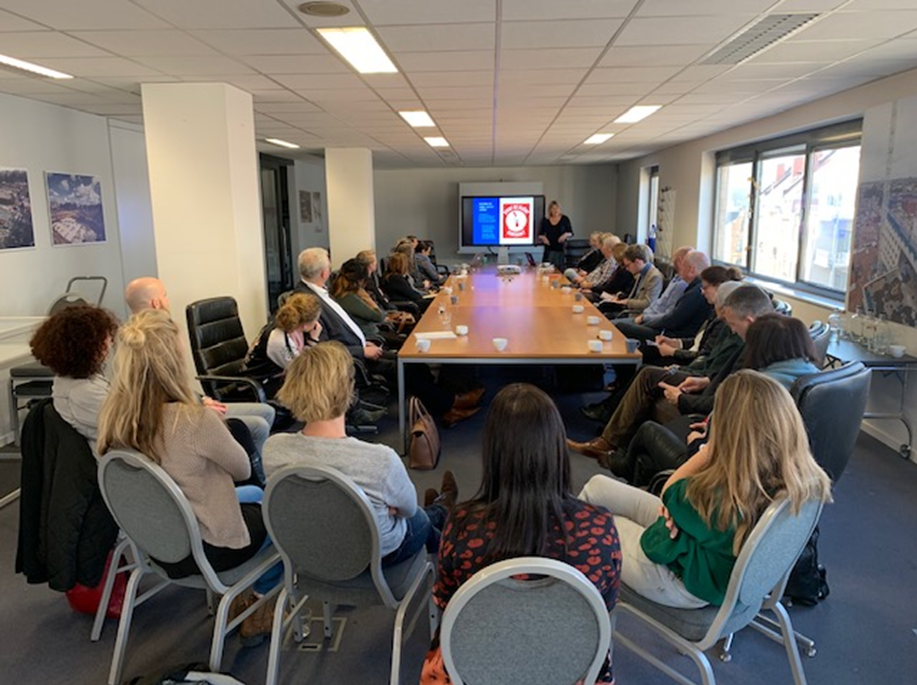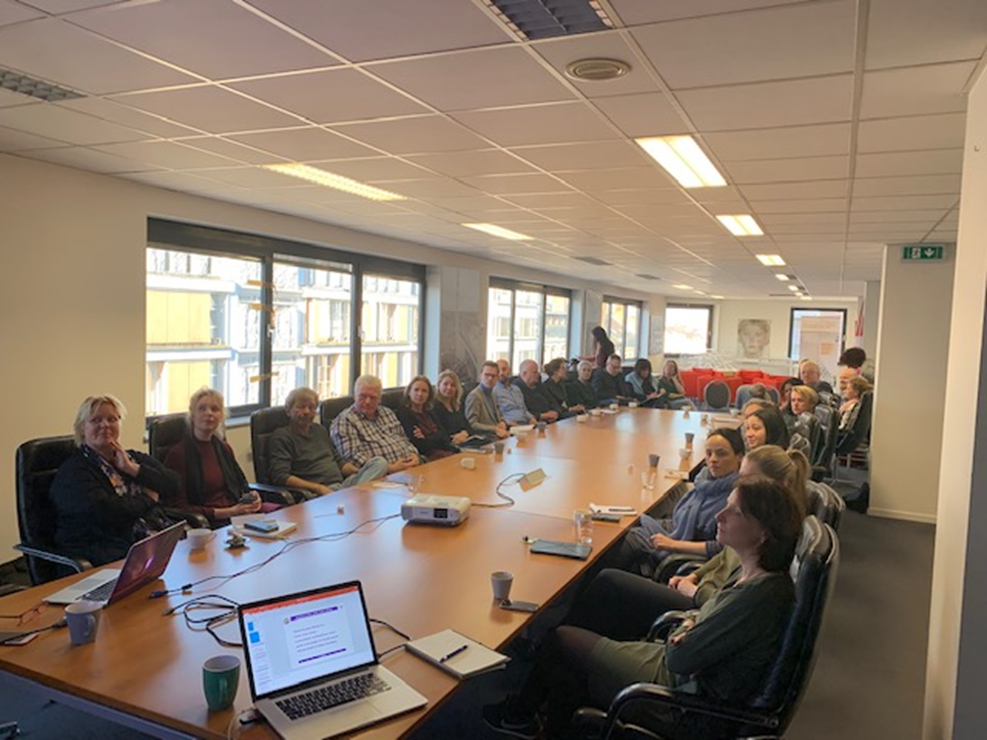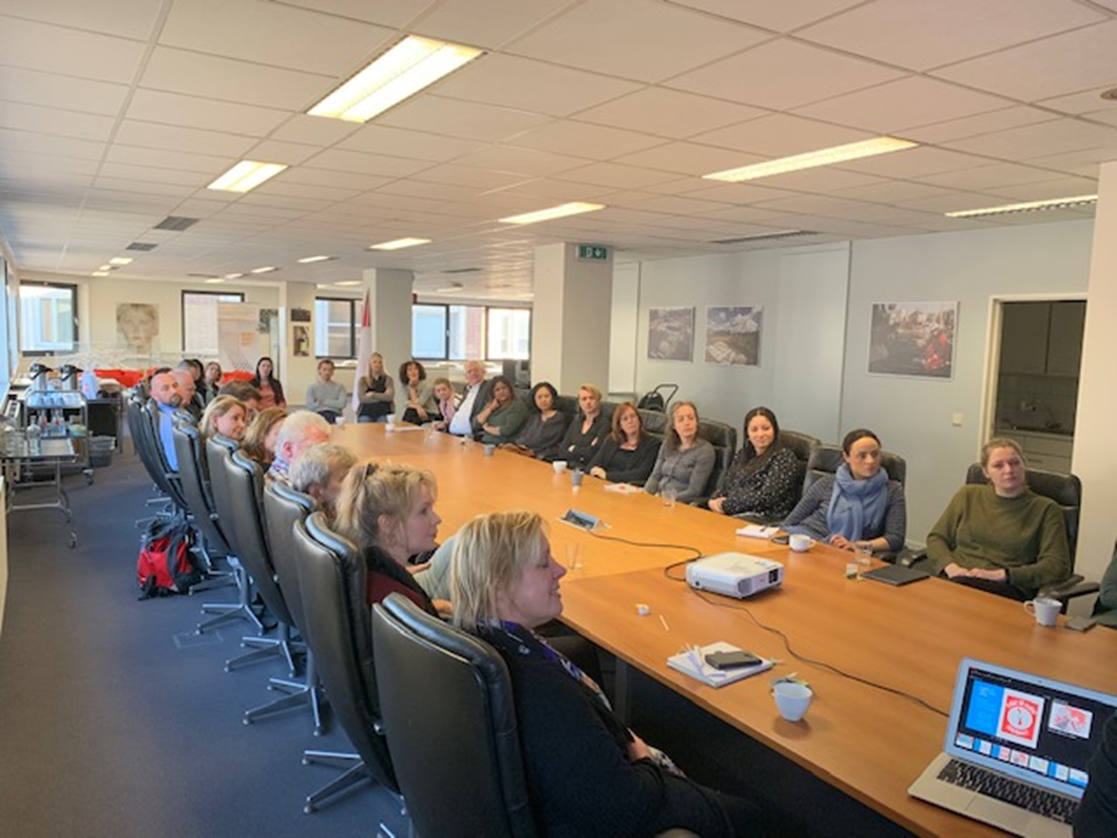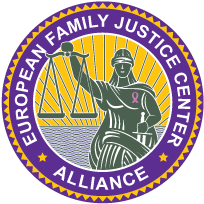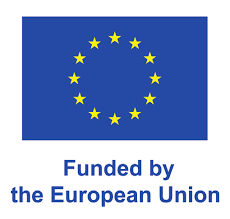Delegation of organisations and professionals from Rotterdam and region are visiting the Family Justice Center Antwerp
February 14, 2019
On Thursday February 14th a large delegation of the municipality Rotterdam and organisations working in the region Rotterdam-Rijnmond, involved in developing a multidisciplinary approach of domestic violence and child abuse, visited the Family Justice Center in Antwerp. The aim of the visit was to learn from the experiences of the FJC Antwerp with a focus on the context and guiding principles of the FJC, the value of on-site services in the center, the added value of a centered model, the approach in Antwerp of high-risk families with domestic violence, the coordinated approach of domestic violence and child abuse in the FJC Antwerp and the international work of the EFJCA.
'Violence does not belong anywhere at all’
In the Netherlands municipalities join forces with the national government against domestic violence and child abuse. The new action program 'Violence does not belong anywhere at all’ contains many measures to reduce domestic violence and child abuse and to resolve it sustainably. The ambition of the program is to stop violence and make the family situations safe. In order to achieve this, a regional approach to domestic violence and child abuse occurs per region. A national program team helps to translate the ambitions from the program in the region and in the sectors and organizations involved. The intention is that pilots are started in 3 municipalities/regions to develop the objectives of the program. Rotterdam is one of the 3 pilots.
Sharing lessons learned
The delegation consisted of representatives of the municipalities Rotterdam, Vlaardingen, Schiedam and Capelle a/d Ijssel, the police, Veilig Thuis, Mental Health Care, e.d. During the 4-hour study visit, Pascale Franck, co-director of the FJC Antwerp, shared her experiences, challenges and positive results of the FJC approach in Antwerp. From the EFJCA Bert Groen shared the added value of international cooperation in which by sharing lessons learned and international experiences national approaches can benefit and make their programs more effective and sustainable.
